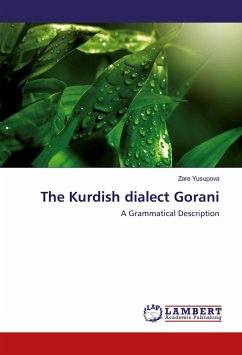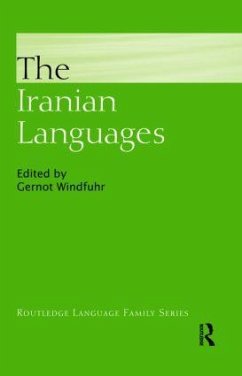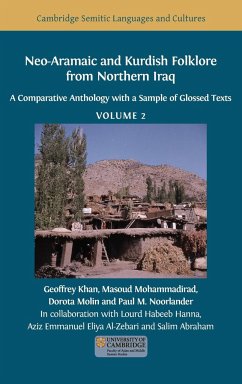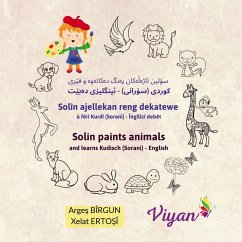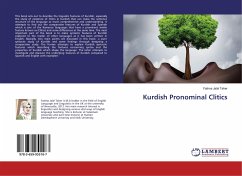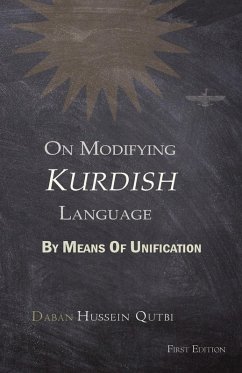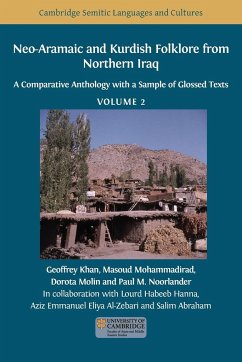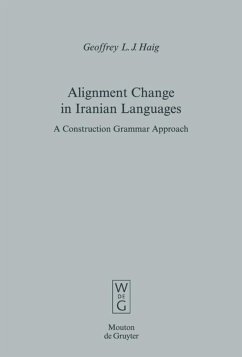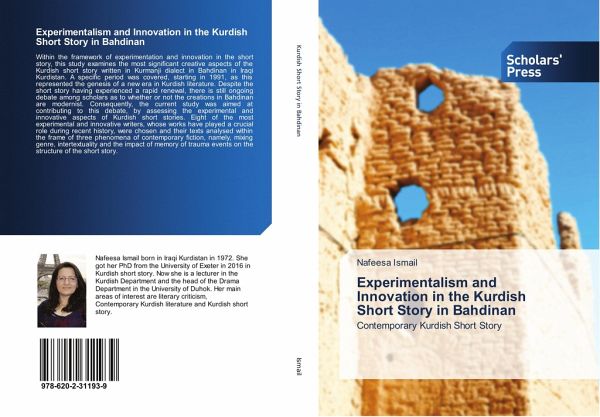
Experimentalism and Innovation in the Kurdish Short Story in Bahdinan
Contemporary Kurdish Short Story
Versandkostenfrei!
Versandfertig in 6-10 Tagen
66,99 €
inkl. MwSt.

PAYBACK Punkte
33 °P sammeln!
Within the framework of experimentation and innovation in the short story, this study examines the most significant creative aspects of the Kurdish short story written in Kurmanji dialect in Bahdinan in Iraqi Kurdistan. A specific period was covered, starting in 1991, as this represented the genesis of a new era in Kurdish literature. Despite the short story having experienced a rapid renewal, there is still ongoing debate among scholars as to whether or not the creations in Bahdinan are modernist. Consequently, the current study was aimed at contributing to this debate, by assessing the exper...
Within the framework of experimentation and innovation in the short story, this study examines the most significant creative aspects of the Kurdish short story written in Kurmanji dialect in Bahdinan in Iraqi Kurdistan. A specific period was covered, starting in 1991, as this represented the genesis of a new era in Kurdish literature. Despite the short story having experienced a rapid renewal, there is still ongoing debate among scholars as to whether or not the creations in Bahdinan are modernist. Consequently, the current study was aimed at contributing to this debate, by assessing the experimental and innovative aspects of Kurdish short stories. Eight of the most experimental and innovative writers, whose works have played a crucial role during recent history, were chosen and their texts analysed within the frame of three phenomena of contemporary fiction, namely, mixing genre, intertextuality and the impact of memory of trauma events on the structure of the short story.



